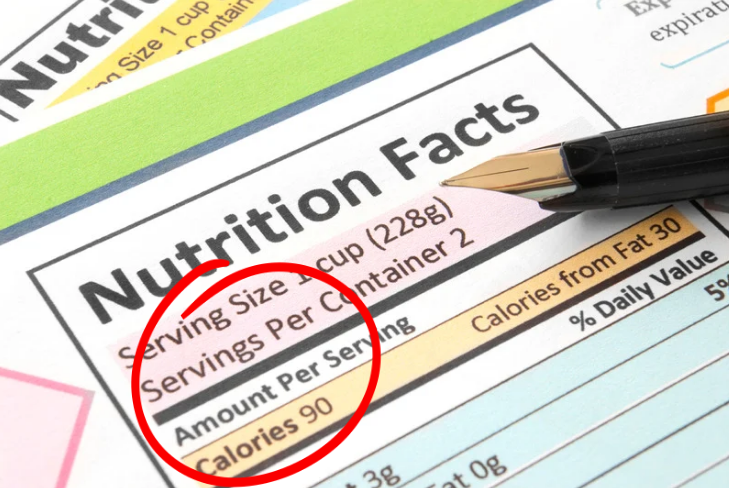Heart disease is often used as a blanket term to describe several conditions that affect the heart and blood vessels—but at its core, it’s about how well your heart can do its job: pumping oxygen-rich blood throughout your body. Understanding what heart disease actually is can be the first step in taking back control of your health and making meaningful, sustainable changes.
Understanding the Basics
Heart disease (or cardiovascular disease) refers to a group of conditions that include coronary artery disease (CAD), heart failure, arrhythmias, heart valve disease, and congenital heart defects. Although these conditions differ, they often share common roots—especially lifestyle-related factors such as poor nutrition, inactivity, smoking, chronic stress, and unmanaged blood pressure or cholesterol.
What Causes Heart Disease?
Most heart disease develops over time, often beginning with damage to the blood vessels. This damage allows plaque—a mix of cholesterol, fat, and other substances—to build up and narrow the arteries. Over time, this can lead to reduced blood flow or even a blockage, increasing the risk of a heart attack or stroke. Other contributing factors include high blood pressure, high cholesterol, diabetes or insulin resistance, smoking, sedentary lifestyle, unmanaged stress, excessive alcohol intake, and poor sleep quality. Genetics also plays a role, but lifestyle choices remain the most powerful tool for prevention and management.
Signs and Symptoms
Heart disease can be a silent condition—developing quietly until a serious event occurs. However, some warning signs may include chest discomfort or pain, shortness of breath, fatigue or weakness, swelling in legs, ankles, or feet, and irregular or rapid heartbeat. It’s important to listen to your body. If something feels off, especially if you experience chest pain or pressure, seek medical attention immediately.
Prevention and Healthy Lifestyle Choices
While heart disease is serious, it’s also largely preventable. Prevention doesn’t have to mean an overhaul overnight—it’s about consistent, heart-healthy choices such as:
-
Eating more whole foods: Focus on fruits, vegetables, whole grains, lean proteins, and healthy fats like olive oil and avocado.
-
Moving your body regularly: Aim for at least 150 minutes of moderate activity each week—walking counts!
-
Managing stress: Practices like deep breathing, mindfulness, or journaling can help regulate your body’s stress response.
-
Getting enough sleep: Strive for 7–9 hours each night to support recovery and cardiovascular function.
-
Avoiding tobacco and limiting alcohol.
The Big Picture
Heart disease remains the leading cause of death globally—but that doesn’t mean it’s inevitable. Each healthy choice you make, no matter how small, strengthens your heart and sets the foundation for long-term wellness. Taking small, consistent steps can make a meaningful difference in protecting your heart and improving your quality of life.
____________________________________
References
-
Centers for Disease Control and Prevention (CDC). “Heart Disease Facts.” Updated 2025.
-
American Heart Association. “What is Cardiovascular Disease?”
-
National Institutes of Health. “Preventing Heart Disease.”












